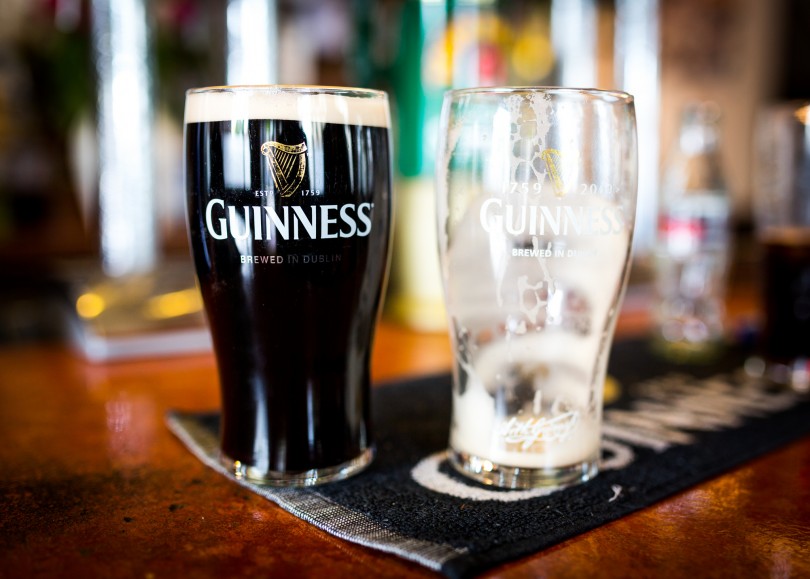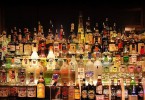Many of Melbourne’s clubs and bars are continuing to serve alcohol to drunken patrons for financial gain, an alcohol researcher says.
Some licensed venues, which are struggling amid fierce competition and rising taxes, may be neglecting responsibilities in an effort to increase profits.
Robin Room, a director and former researcher at various international alcohol research centres, says the conduct of licensed venues is to blame for a high number of alcohol-related violence and illness.
“This is a serious problem with Melbourne’s nightlife that is continuing to worsen,” Dr Room said.
“They’re letting people in and serving them when they need to be refused and removed, simply to make more money,” he said.
“It’s potentially at the expense of life.”
Excessive drinking is blamed for around 18 assaults and 81 hospitalisations a day in Victoria, according to a report by The Foundation for Alcohol Research and Education.
The average increases on weekends, when young adults take to the city’s bars and nightclubs to drink in excess.
Brittany Willard, a bartender at Trak Live Lounge Bar on Toorak Rd, said she knows many of Melbourne’s licensed venues serve intoxicated individuals for financial gain.
Ms Willard said she works in a bar that takes responsible service seriously, “but I know that there are venues out there that much prefer the extra revenue than cutting the person off”.
She said growing competition and jumping taxes could be a big cause of irresponsible alcohol service.
“More people come into the club already drunk now, and less people drink once they’re here,” she said.
“It’s cheaper for them to drink a six pack of drinks before they leave (home) than pay 10 bucks for a glass at a club.”
“It’s putting more pressure on (the venues) to sell drinks,” she said.
Since July 2014, an additional 1,206 venues have been issued with liquor licenses in Victoria, the Victorian Commission for Gambling and Liquor Regulation found.
In a recent report from the Department of Justice, up to 487 licensees receive infringements every year for breaching liquor laws.
The report acknowledged breaches of liquor responsibility can be difficult to prove because patrons often try to downplay the extent of their intoxication.
Crowds also make it difficult for staff to identify drunk and at-risk individuals.
Ambulance Employees Australia Assistant Secretary Danny Hill said emergency call outs to the same venues week after week raised serious concern about staff conduct.
“When paramedics are called to the same place four or five weeks in a row, you start to wonder what they (staff) must be doing there. Do they even care?”
IMAGE: melfoody Via Creative Commons







